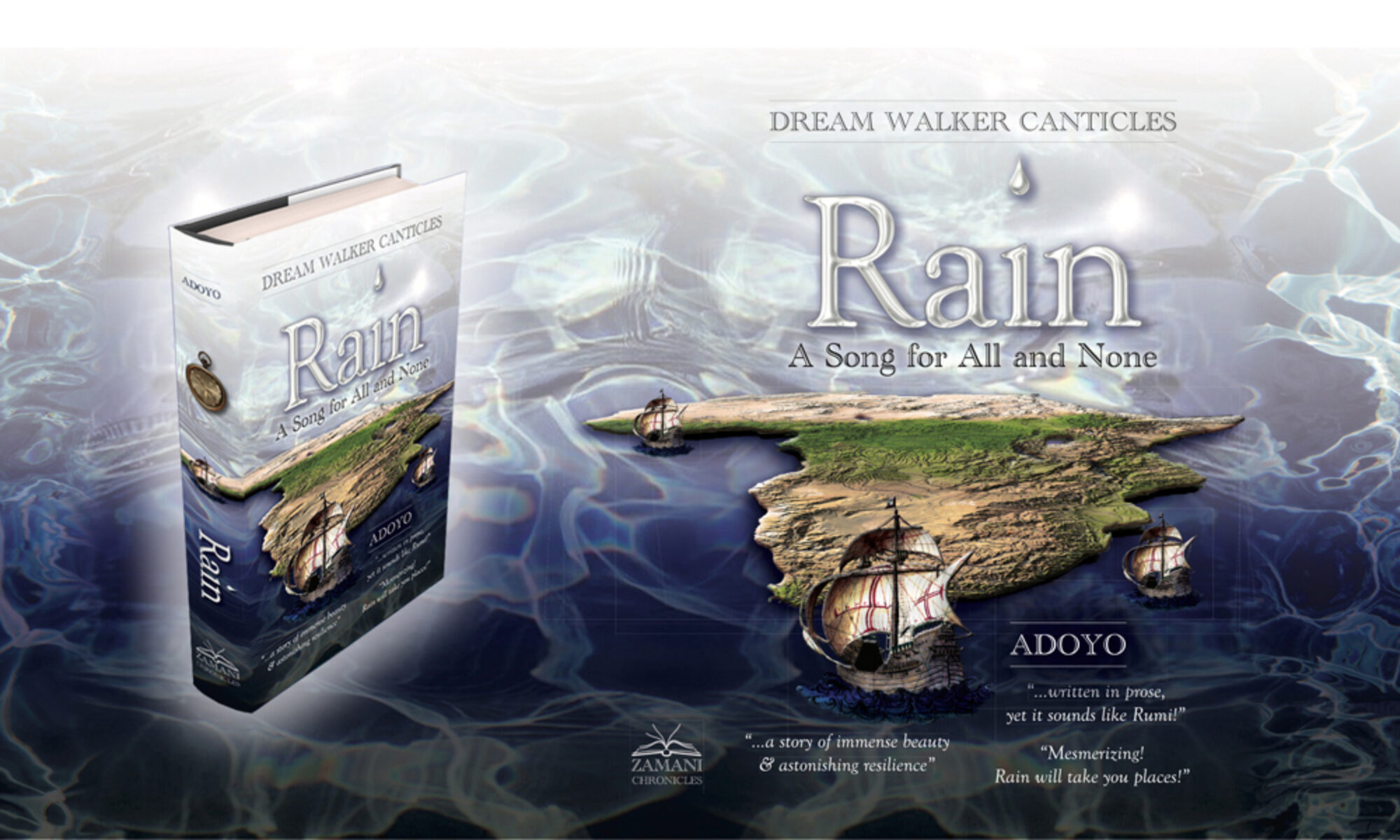“Until the lions have their own historians, the history of the hunt will always glorify the hunter.”
—Chinua Achebe, Paris Review, (Issue 33, Winter 1994)
~*~
“I am about to sing a song that I know. Before I begin, my imagination encompasses the whole song, but once I have begun, as much of it as becomes past while I sing is laid out in my memory. My activity hovers between my memory, where what I have sung goes to settle, and my expectation, where what I am about to sing awaits. Yet my imagination is continually present, and through it what was future and waiting is carried over so that it becomes past. The more I continue to do this, the more my memory grows—and my expectation diminishes—until what awaited is exhausted. Then the whole song ends and passes into memory. And what transpires as I sing the song happens also in each individual part of it, and in each individual note. This also holds true of the moments of greater duration of which the song is only a portion. The same also holds in the whole life of humanity, of which all the actions of people are but small parts. And the same holds in the whole age of the children of humanity, of which all the lives of human beings are but small parts.”
—Augustine, Confessions XI.28.38 (translated by Albert Outler, adapted by Adoyo)
